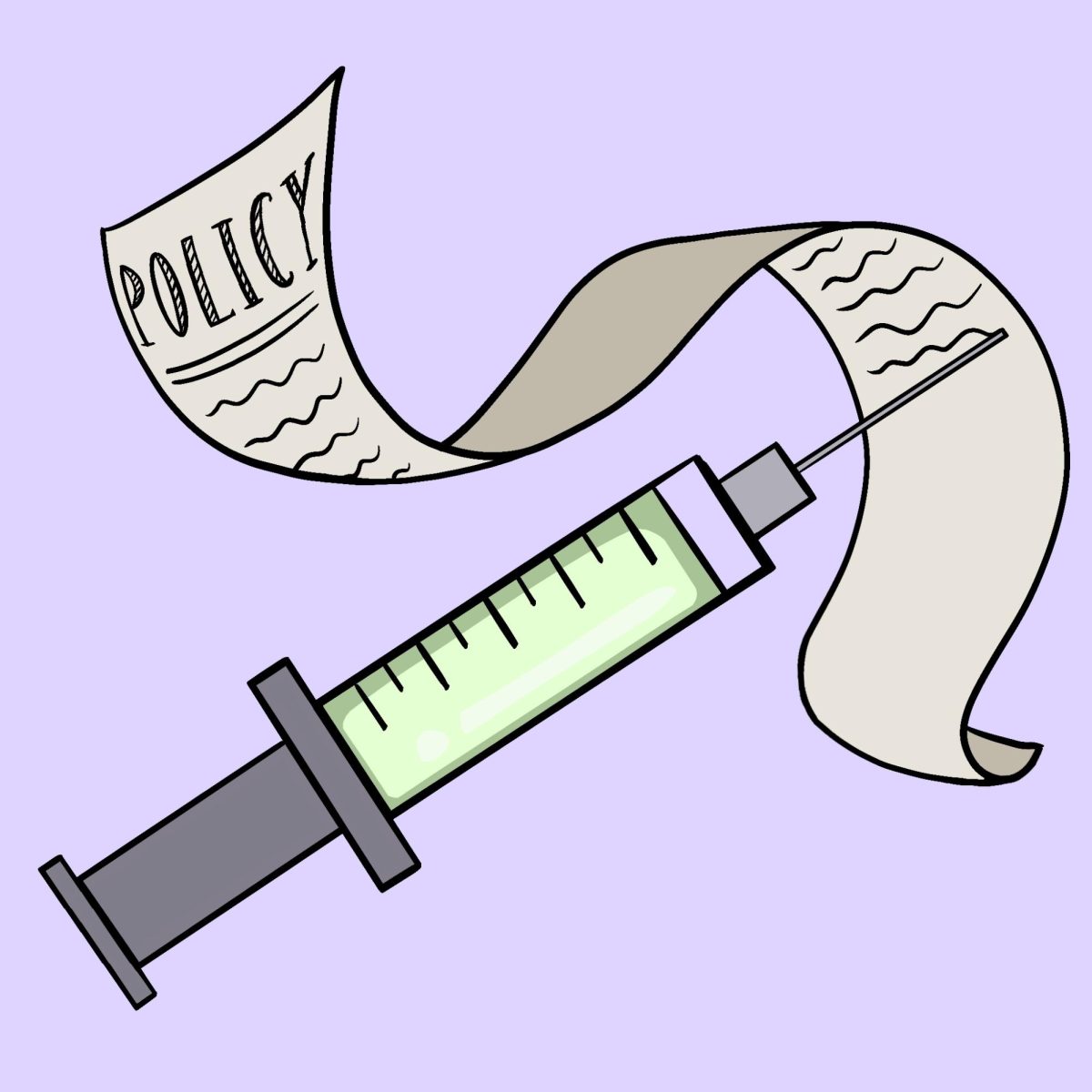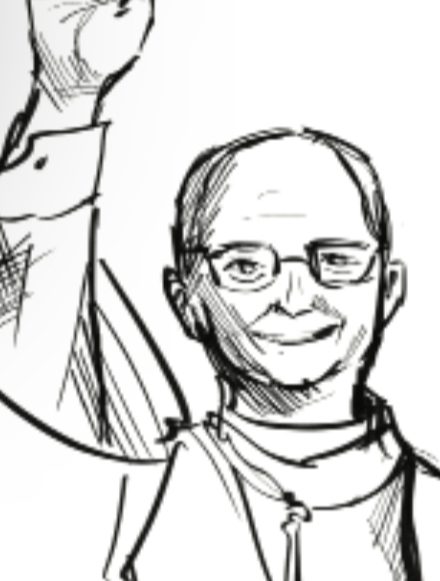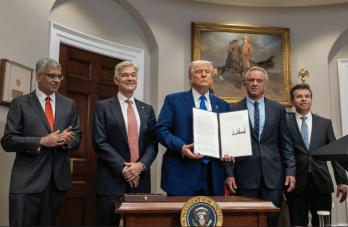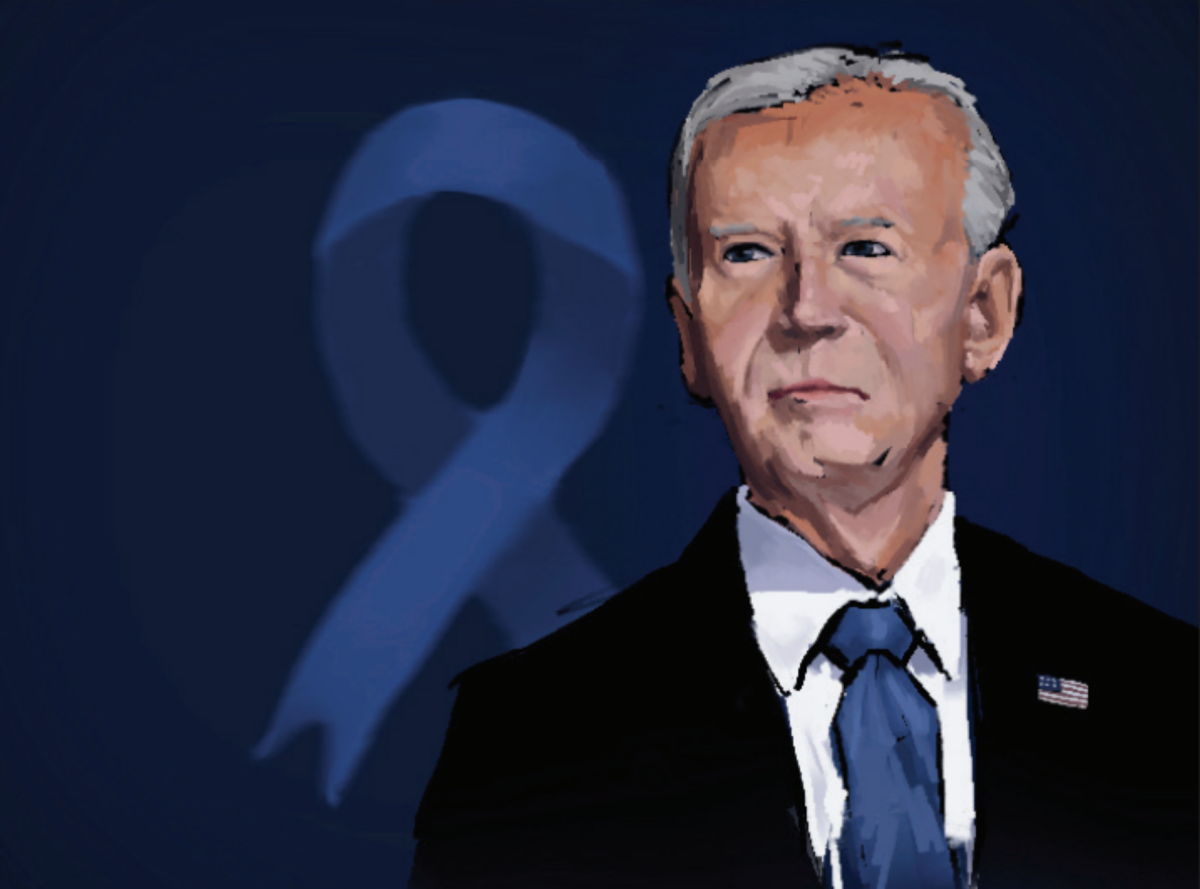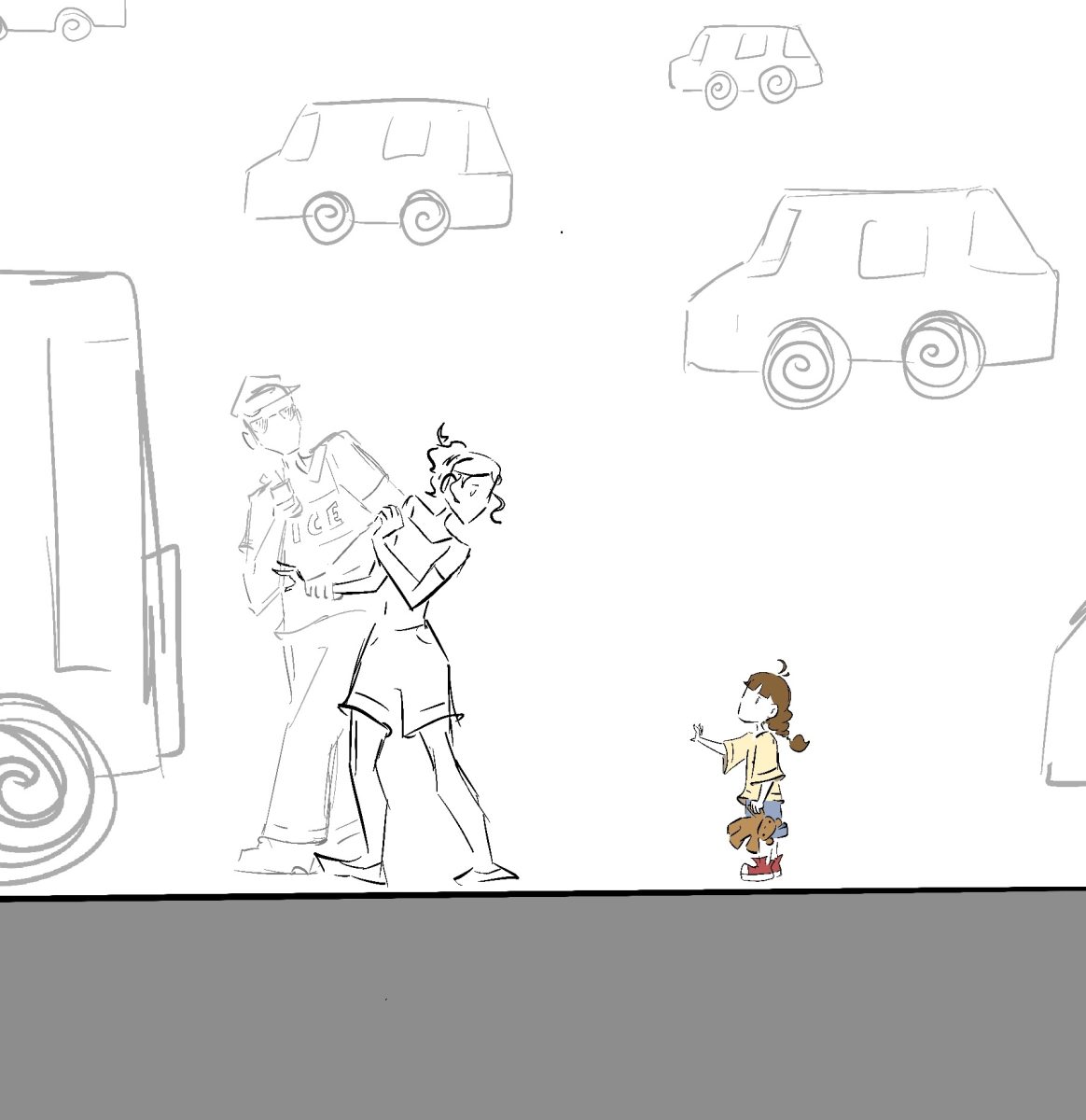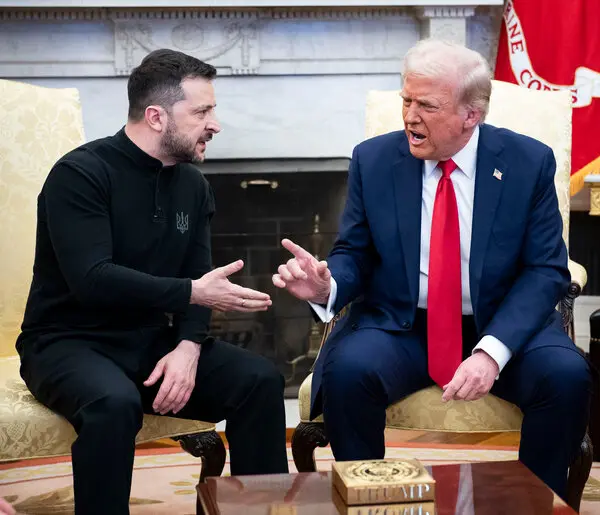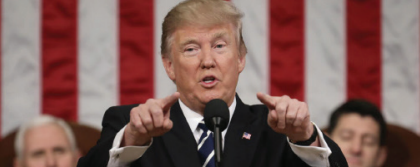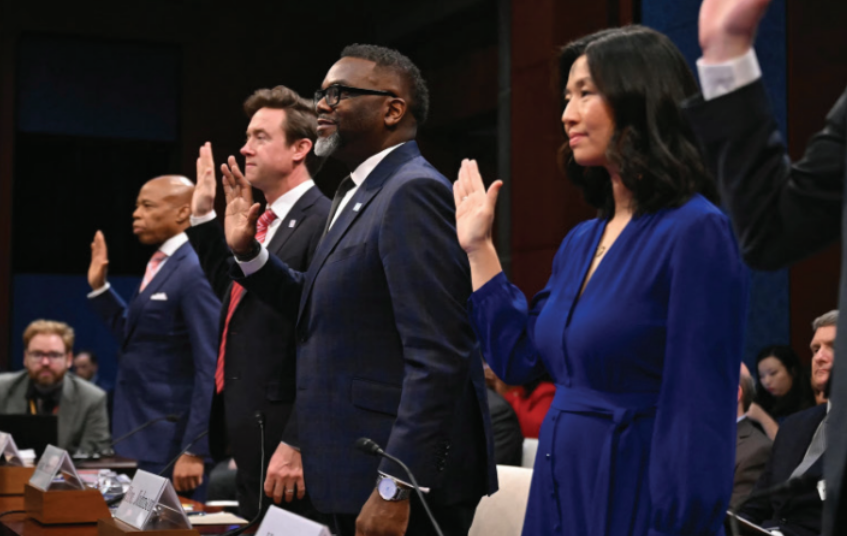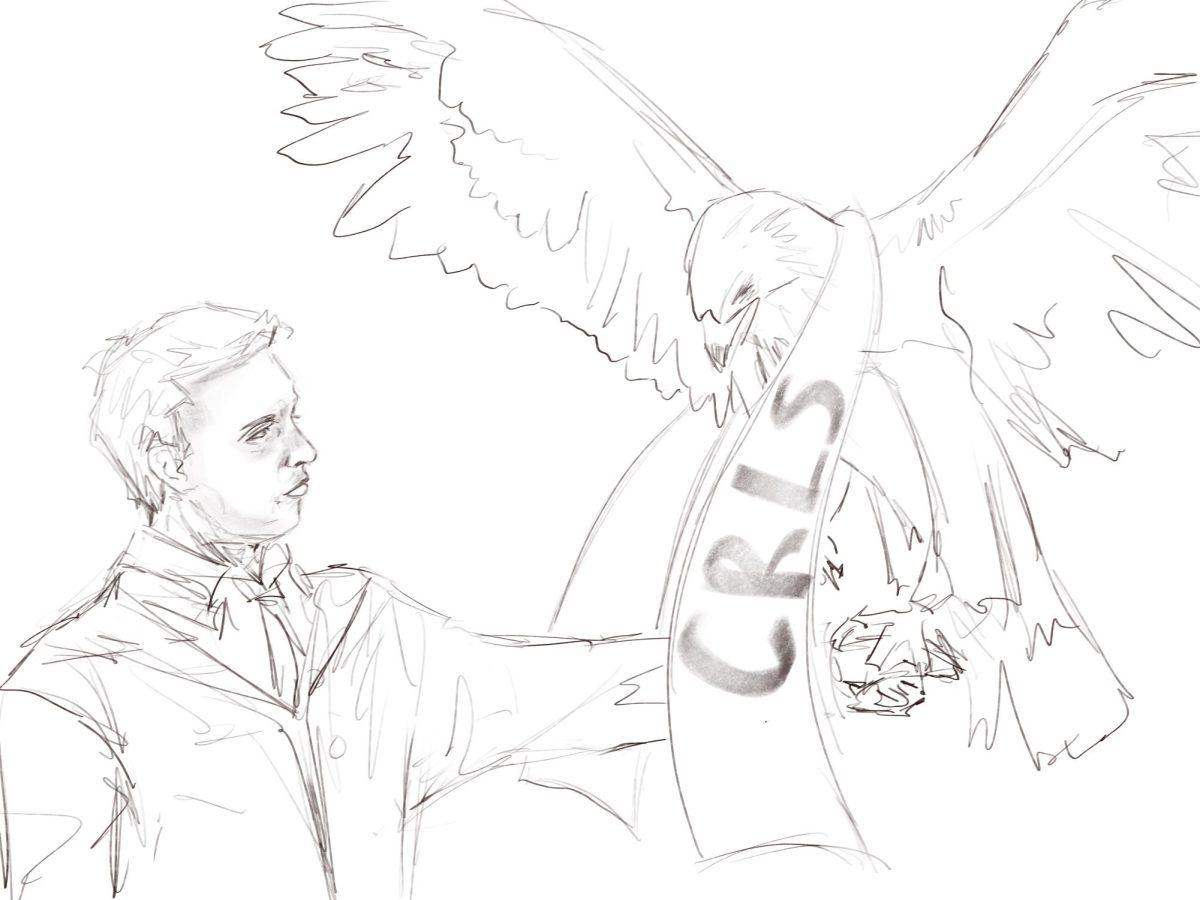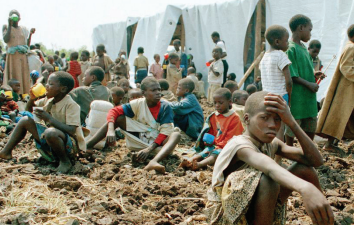
Early on Monday, January 27, the Congolese Revolutionary Army—also known as the March 23 Movement (M23) entered and captured the city of Goma in the eastern part of the Democratic Republic of Congo (DRC), which borders Rwanda. The M23 rebels are a Congolese military group led by members of the Tutsi ethnic group backed by the Rwandan government. With the M23 recently threatening to march all the way to Kinshasa, DRC’s capital, the Congolese government has called M23’s offensive a “declaration of war” by Rwanda.
Goma, a major city with over two million people, has suffered from continuous violence for over thirty years. Ever since the 1994 Rwandan genocide, almost a million people—mainly Tutsis—were brutally slaughtered by Hutu extremists in Rwanda. Eventually, Tutsi rebels, along with the current Rwandan President Paul Kagame, were able to stop the genocide, and many Hutu fled to the DRC. But since then, dozens of armed groups have sown chaos in the DRC against the Hutus with revenge on their mind, with M23 being the most recent.
The name M23 refers to the date of March 23, 2009, when peace agreements that the group claims the Congolese government failed to honor were formed. M23 leaders say they fight to protect ethnic minorities against the DRC government and demand the return of Congolese Tutsi refugees to Congo, many who fled to Uganda and Rwanda. Those refugees had to flee because of the genocide, in which the Tutsi were being slaughtered by Hutu in mass number. Another key aspect of M23 goals is control of key smuggling routes for traded materials rich in the DRC, such as cassiterite and coltan, both used in electronics. With the capture of Goma, these rebels now have access to a critical smuggling route into Rwanda.
A United Nations (UN) report found that it was Rwanda that had originally created and directed the M23 rebel group. Footage and first-hand accounts have confirmed that Rwanda has long provided troops, weapons, and military equipment to these Congolese rebels, leading to ongoing conflict. Further instability and large-scale humanitarian crises throughout the region have fueled the war. Currently, refugee camps are plagued by hunger, disease, and sexual violence, despite the humanitarian efforts of the UN and other international organizations. Over a million people have been displaced, 2,800 have been injured, and almost 800 have reportedly been killed in the DRC. Still, civilian soldiers volunteer to be part of a defensive line monitoring the roads coming out of Goma.
M23 continues to encroach deeper into the Congolese province of South Kivu, and the DRC government has repeatedly called for international sanctions against Rwanda. But so far, African and international diplomacy have had minimal impact. The fierce fighting between the DRC and the Rwandan forces continues despite countries like Germany and the UK threatening to cut off aid to Rwanda, and both countries are unwilling to give in. The nationalistic attitude of most soldiers is reflected in one Congolese man’s response to his enlistment: “I am ready to die for my country.”
This article also appears in our February 2025 print edition.



